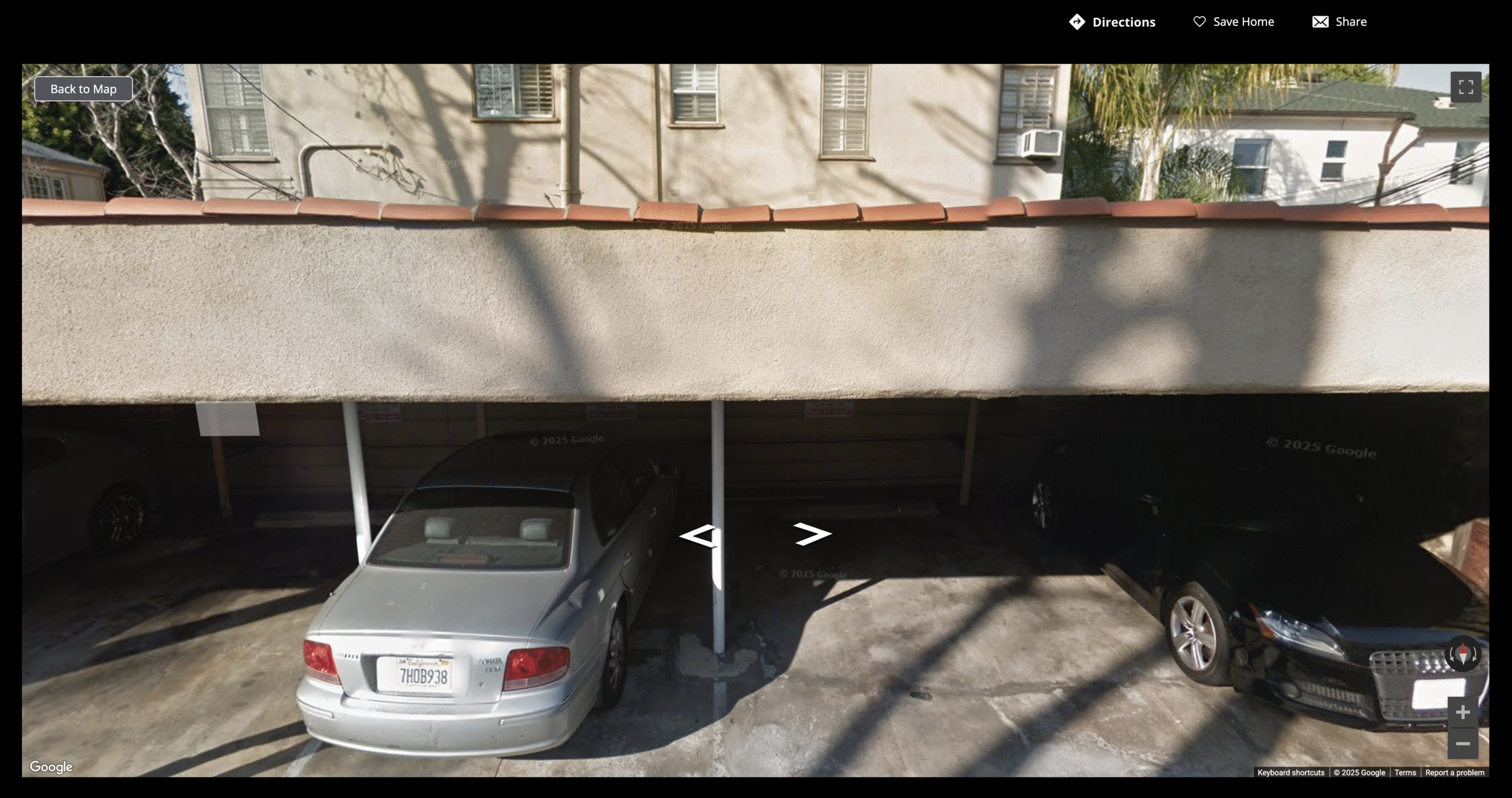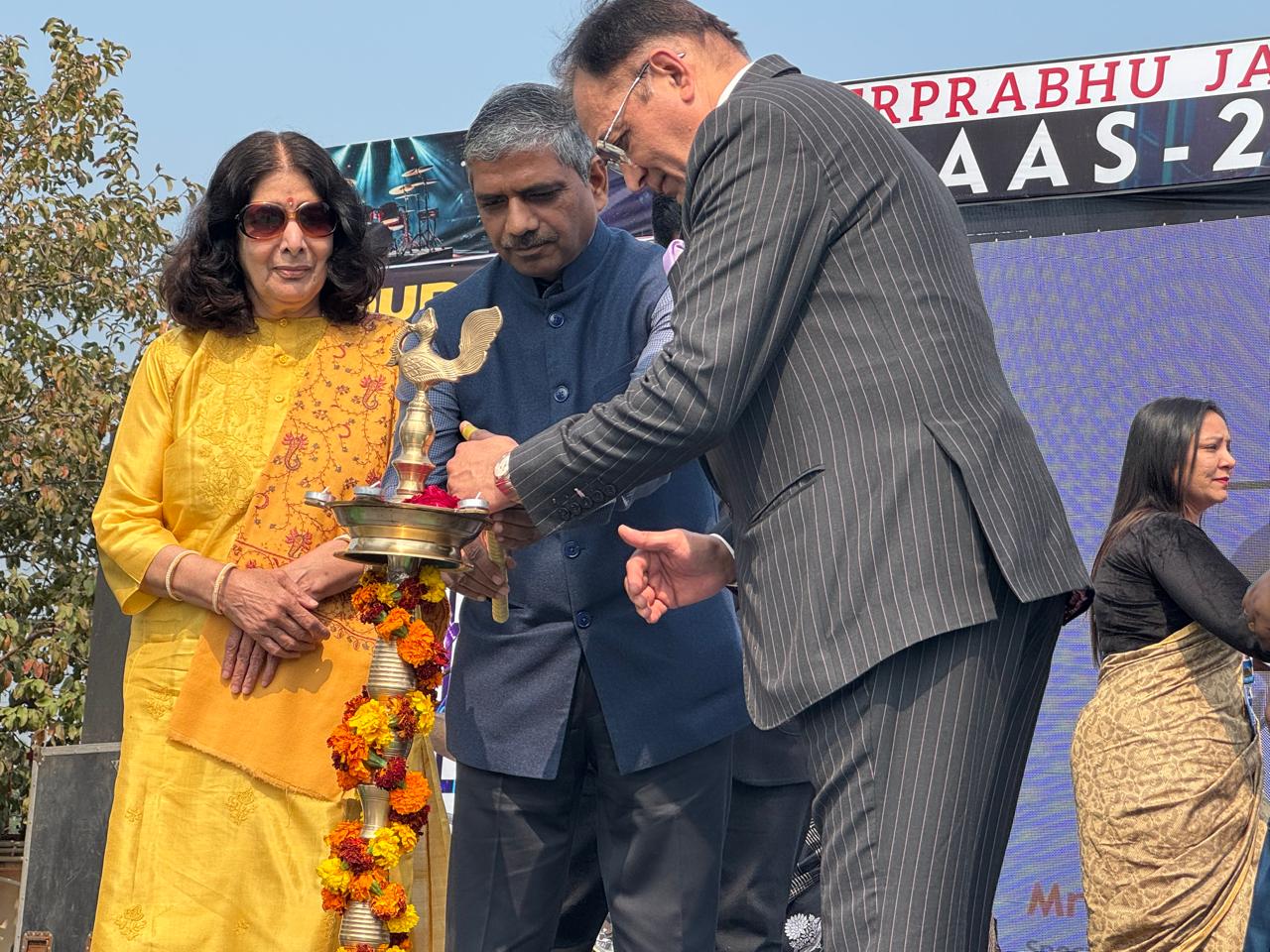In a concerning incident for digital privacy advocates, a car license plate was clearly visible on Google Maps in California, USA — a serious oversight that has sparked debates over user privacy and data protection.
Google Maps, which provides highly detailed street-level views via its Street View feature, typically uses advanced image-blurring technology to automatically obscure sensitive information, such as faces and vehicle license plates. However, in this instance, a car’s number plate was fully visible when viewed on the platform — potentially exposing the vehicle owner’s personal data to millions of users.
This is not merely a minor error. In the current era where data privacy is paramount, such a lapse raises serious questions about the reliability of Google’s privacy filters and their ability to consistently protect individuals from unwanted exposure. License plates can easily be traced to owners using various online databases, which means that displaying them publicly poses significant risks — including identity theft, stalking, and harassment.
The Privacy Implications
In the U.S., and specifically in California — a state with some of the strongest privacy laws in the country, such as the California Consumer Privacy Act (CCPA) — this kind of privacy breach can have legal implications. It potentially violates both state-level data protection regulations and Google’s own privacy policies, which promise to respect and safeguard user privacy.
https://www.youtube.com/watch?v=yMY6sJh0s88
A Big Bug That Needs Fixing
The fact that such an obvious privacy bug slipped through Google’s automated systems suggests that the current blurring technology may not be foolproof. It highlights the need for better quality control and more frequent audits of Street View images to ensure sensitive information is consistently protected.
Moreover, this incident serves as a reminder to tech companies that as platforms become more advanced and pervasive, so too does their responsibility to protect user data. Even a single exposed car plate can set a dangerous precedent and erode public trust.
Generally, affected users are advised to report such incidents directly to Google. The platform does provide an option to request additional blurring of Street View images but this process relies on users spotting these errors themselves, which is far from ideal.
For a company of Google’s scale and technical expertise, a more proactive and reliable solution is needed. Enhanced AI moderation, combined with manual oversight, could help prevent such privacy risks in the future.
As of now, the incident underscores a critical point: even digital giants must never become complacent when it comes to safeguarding individual privacy.











